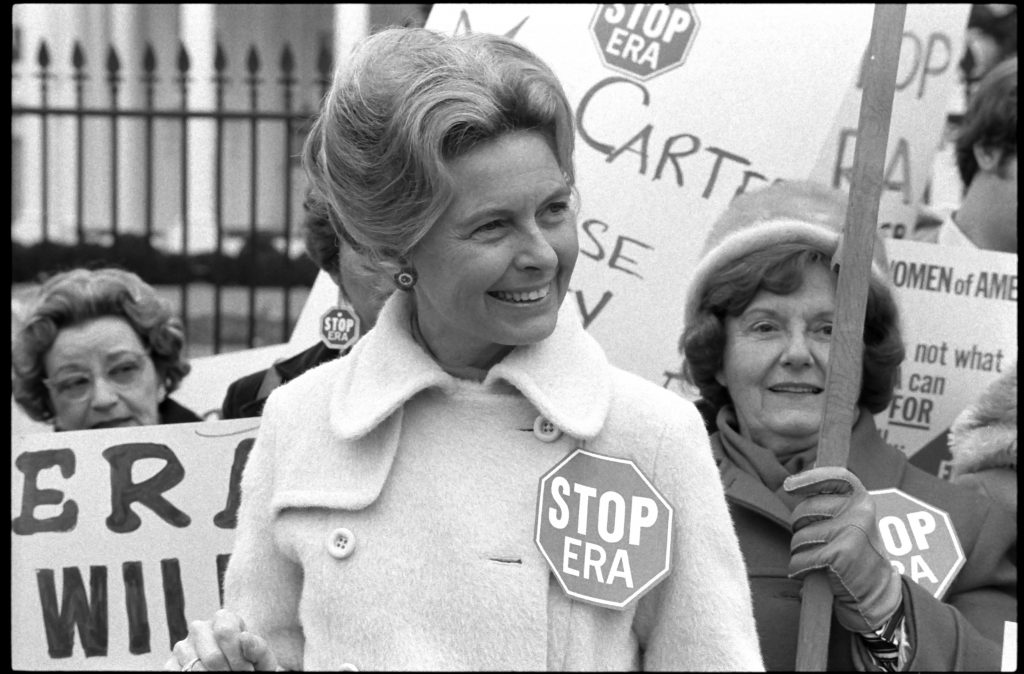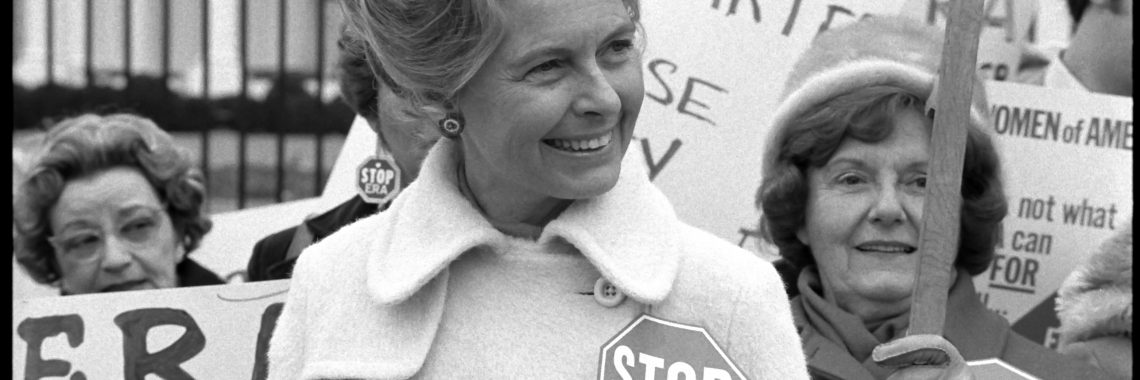Federal Appeals Court Rules Against “Equal Rights Amendment”

On Wednesday a three-judge panel for the U.S. First Circuit Court of Appeals unanimously dismissed a lawsuit attempting to enact the federal Equal Rights Amendment.
The federal Equal Rights Amendment (ERA) would amend the U.S. Constitution. The amendment reads, “Equality of rights under the law shall not be denied or abridged by the United States or by any State on account of sex.”
Congress referred the amendment to the state legislatures for ratification in 1972, agreeing to add the amendment to the constitution if 38 states ratified it by 1979. However, only 35 state legislatures ratified the Equal Rights Amendment by the deadline, and five states that ratified the amendment later revoked their ratifications.
The Equal Rights Amendment is intended to prevent discrimination on the basis of sex, but the way it is worded could cause it to have a number of unintended consequences.
The ERA arguably would erase all distinctions between men and women in federal law.
That could affect everything from college fraternities and sororities at public universities to how men and women are housed in federal prisons to labor laws that protect women in the workplace to girls’ and boys’ athletics at public schools.
States that have enacted measures similar to the ERA have even been forced to pay for abortions with taxpayer funds. In a 2019 letter, the ACLU told Congress that “the Equal Rights Amendment could provide an additional layer of protection against restrictions on abortion.”
It’s important for men and women to have equal rights under the law, but the ERA simply carries too many unintended consequences.
That’s why major groups like National Right to Life, Concerned Women for America, and Eagle Forum oppose the federal Equal Rights Amendment.
That’s why Family Council has opposed efforts to ratify the ERA in Arkansas as well.
And that’s why it’s good to see federal courts dismissing efforts to implement the federal Equal Rights Amendment.




